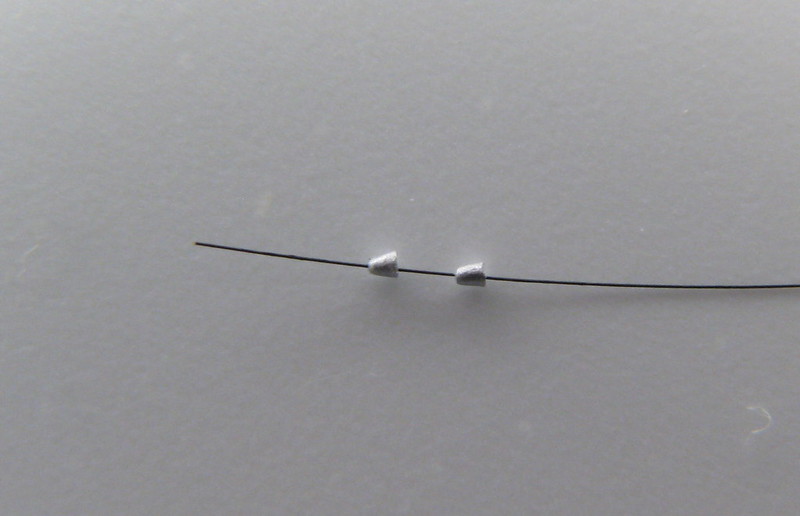 |
| Light grey area is where the putty was applied on the wings. |
Braxton Perry I was there 63-65 and we had all "C" models
Model blog on military aircraft of all periods. Plus general history of aircraft.
 |
| Light grey area is where the putty was applied on the wings. |
 |
| Jim Stolfi It's a C model, Tachi birds all A models started with "1", example, 51-0119 was 1-0119. They were converted to Cs in mid '60s I understand. |
 |
| Khan Duc dirty airstrip Vietman |
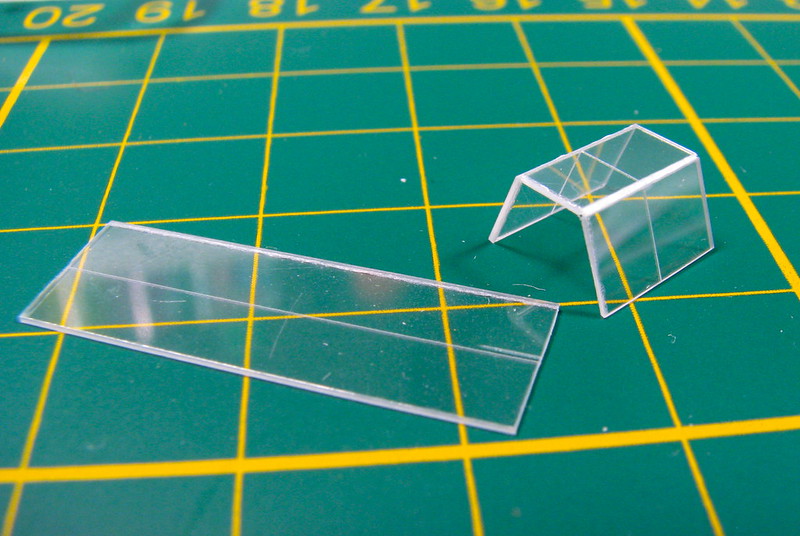 IMG_5986
IMG_5986  IMG_5995
IMG_5995 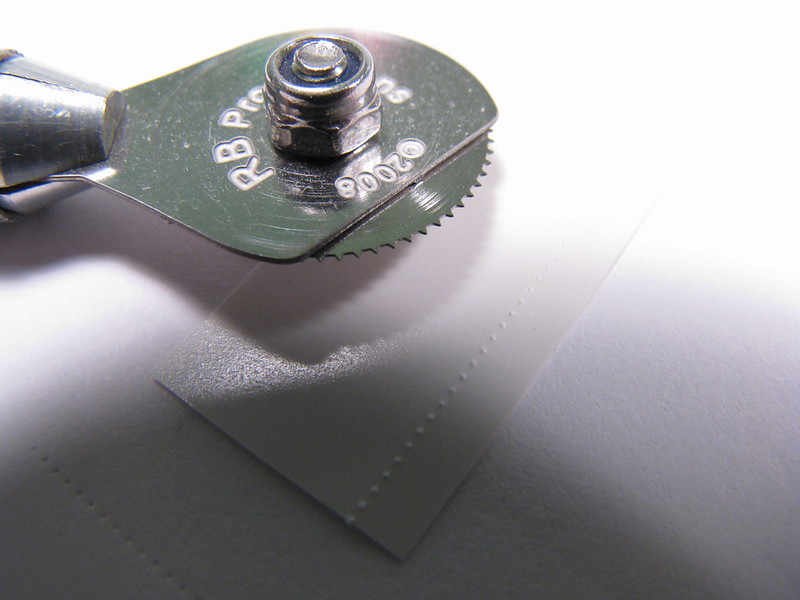 IMG_6039
IMG_6039 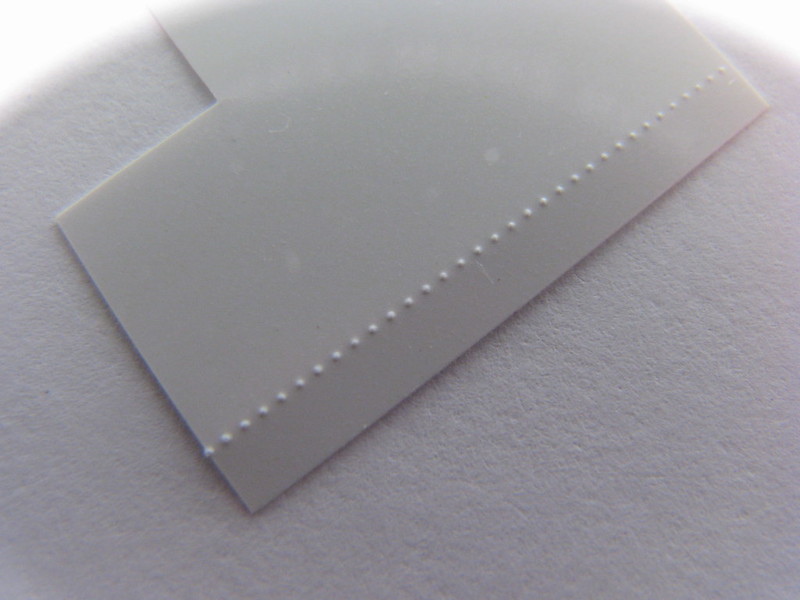 IMG_6030
IMG_6030 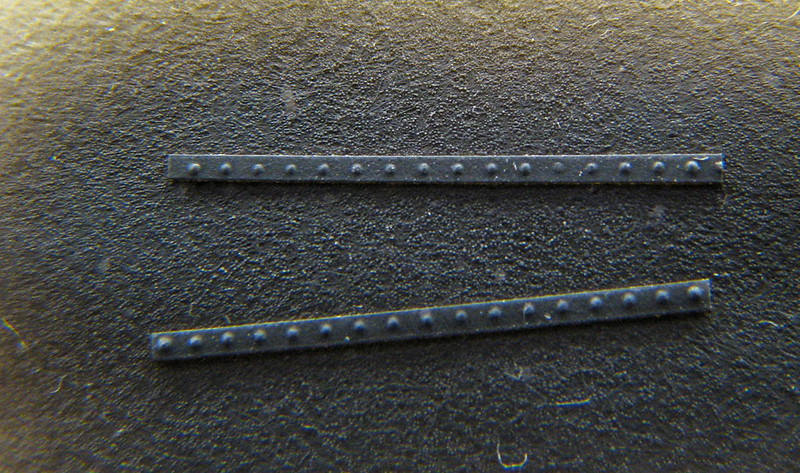 IMG_6024
IMG_6024 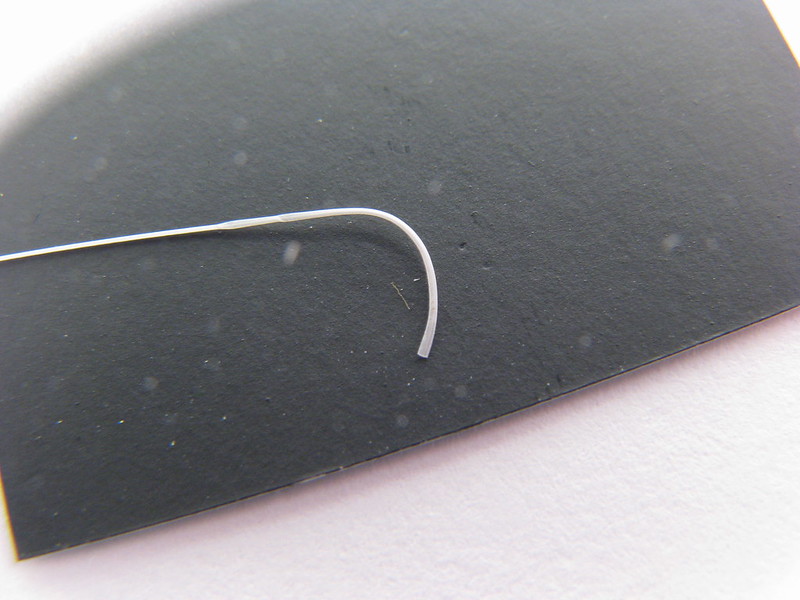 IMG_6036
IMG_6036 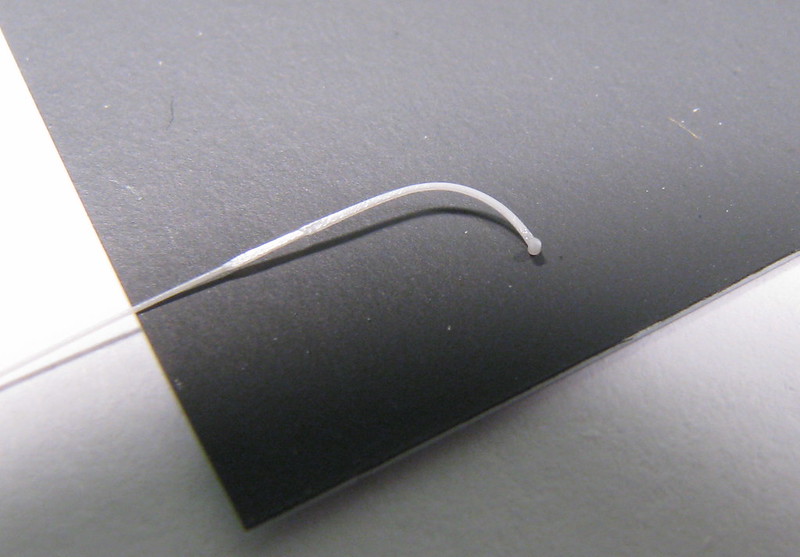 IMG_6040
IMG_6040 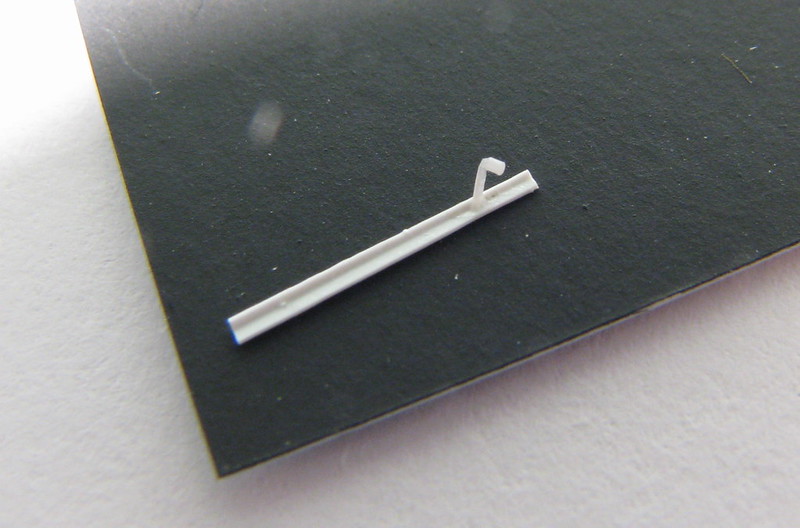 IMG_6041
IMG_6041 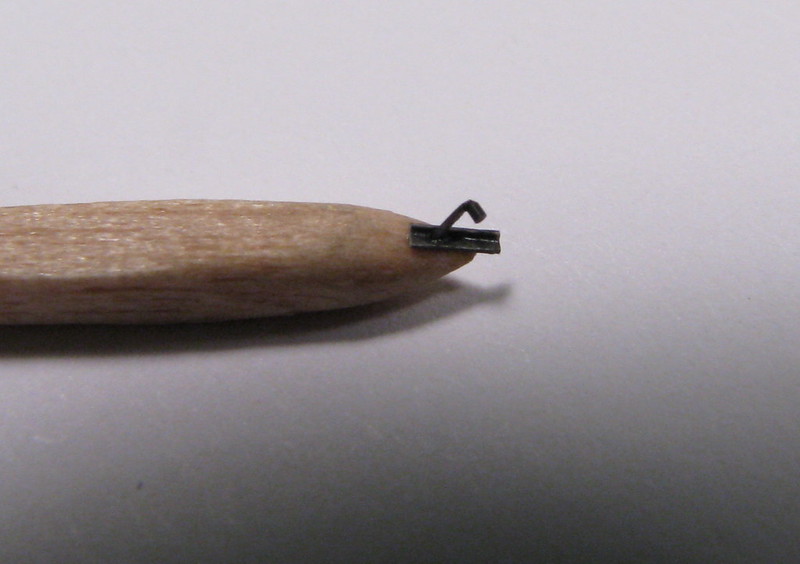 IMG_6043
IMG_6043  IMG_6044
IMG_6044 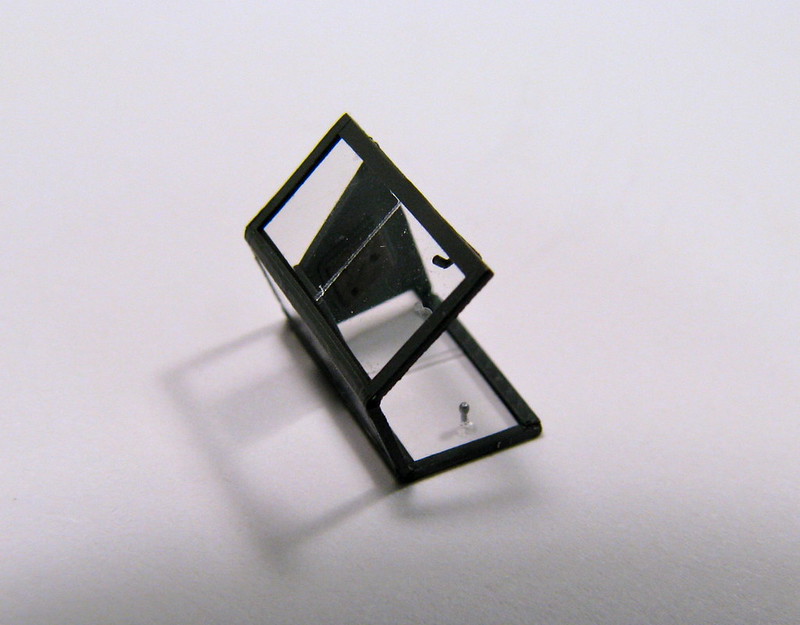 IMG_6050
IMG_6050 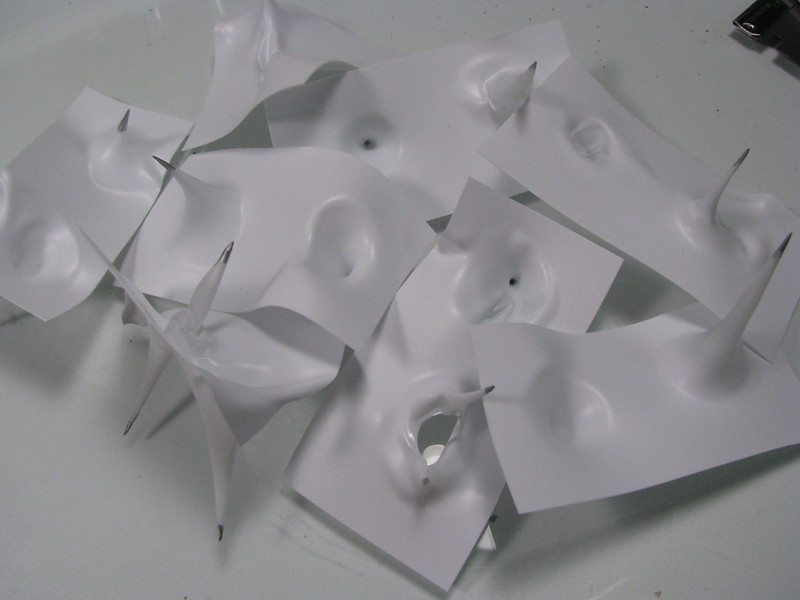 IMG_6133
IMG_6133 